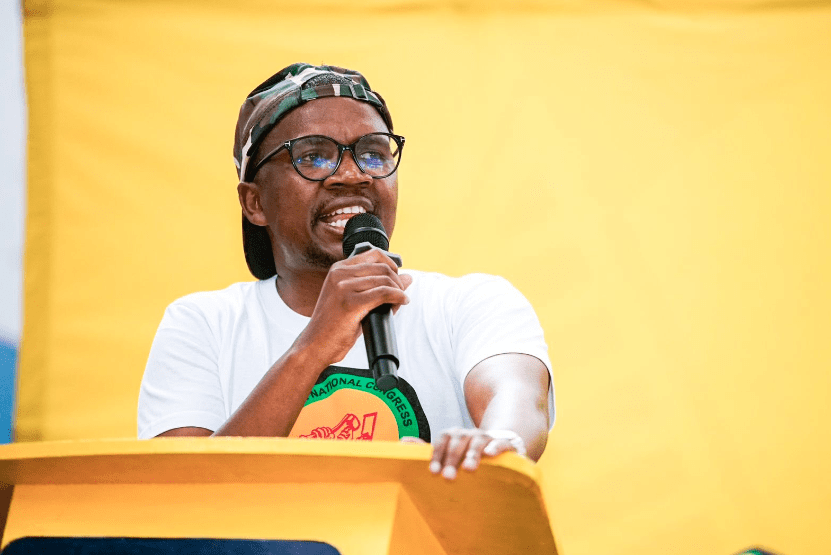After two years of lockdown, and several lockdown revisions and announcements, president Cyril Ramaphosa’s next family meeting on lockdown restrictions is likely to be the last, the Sunday Times reports.
Speaking to the paper, minister in the presidency Mondli Gungubele confirmed the next time Ramaphosa speaks to the nation about Covid-19, it will be about “something else”, but did not indicate what restrictions will be lifted or when the announcement will take place.
Ramaphosa has previously indicated that the latest state of disaster extension will be the last, with government now expected to introduce more permanent long-term regulations to help manage Covid in the country.
In a media briefing on Friday (4 March), health minister Joe Phaahla said his department has been hard at work to formulate new regulations to replace the country’s state of disaster and is now ready to present its proposals to the cabinet and the National Coronavirus Command Council (NCCC).
Phaahla said these recommendations would replace the National Disaster Act. “We hope the reviewed health regulations and other regulations from other departments will assist in guiding a reopening – especially in the leisure and tourism industries,” he said.
The health minister said senior government officials are also likely to present policies on vaccine mandates in South Africa in the coming week.
South Africa’s state of disaster is currently set to expire on 15 March 2022. This would make it nearly 24 months the country has been under a state of disaster since it was first declared at the end of March 2020.
While the national state of disaster was initially set to lapse on 15 June 2020, the act provides that it can be extended by the Cooperative Governance and Traditional Affairs minister by notice in the gazette for one month at a time before it lapses.
The government has relied on the regulations to introduce and give effect to lockdown restrictions, which it has used to curb the spread of the Covid-19 pandemic.
However, it has also faced criticism for giving national government wide-ranging powers over the lives of citizens, with few limits and little to no oversight from parliament.
Read: Big changes proposed for South Africa’s state of disaster


















.png)


Discussion about this post